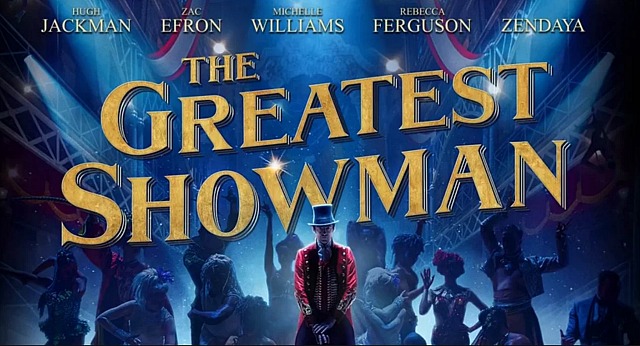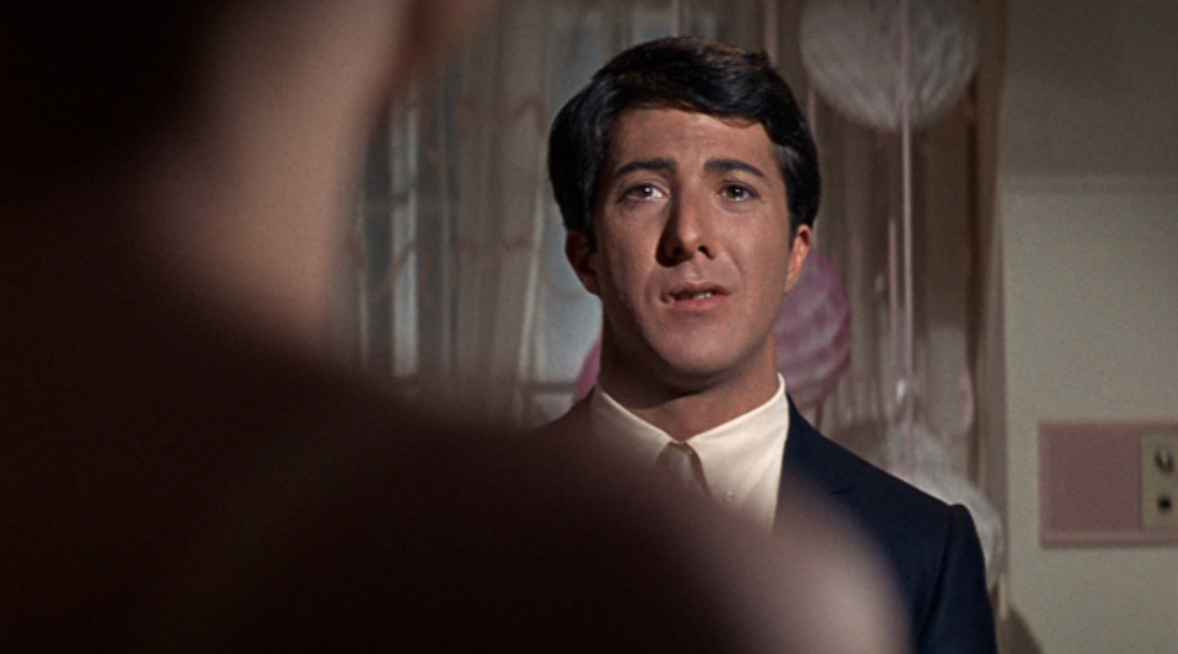Yul Brynner owns this scene in The Ten Commandments. Poor Anne Baxter is defeated by the grotesque dialogue, but somehow Brynner isn’t bruised. His deep baritone voice, buff bod and sexual confidence (he was 34 or 35 at the time) rule.
I wonder if this scene would be written, much less go before the cameras, in today’s climate. Things have gotten so political. I’m trying to imagine the reaction to a scene in a big-budget, major-studio film in which an arrogant sexist ruler (a) professes a complete lack of interest in whether or not his presumed future wife loves him and (b) is only interested in conjugal rights once she becomes his queen.
Or am I being too cynical?
Yul Brynner (formerly Yuliy Borisovich Briner) was coming off a phenomenal B’way run as King Mongkut in The King and I, and enjoying all kinds of acclaim. 1956 was a huge trifecta year for Brynner with the film version of The King and I opening on 6.28.56, The Ten Commandments premiering a little more than three months later, on 10.5.56, and Anatole Litvak‘s Anastasia debuting on 12.13.56.
Three and and a half months after Anastasia‘s big-city debut (or on 3.27.57) Brynner won a Best Actor Oscar for his King and I performance.




